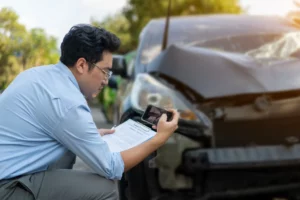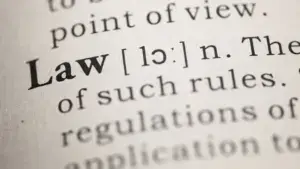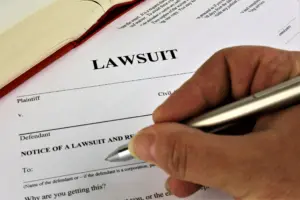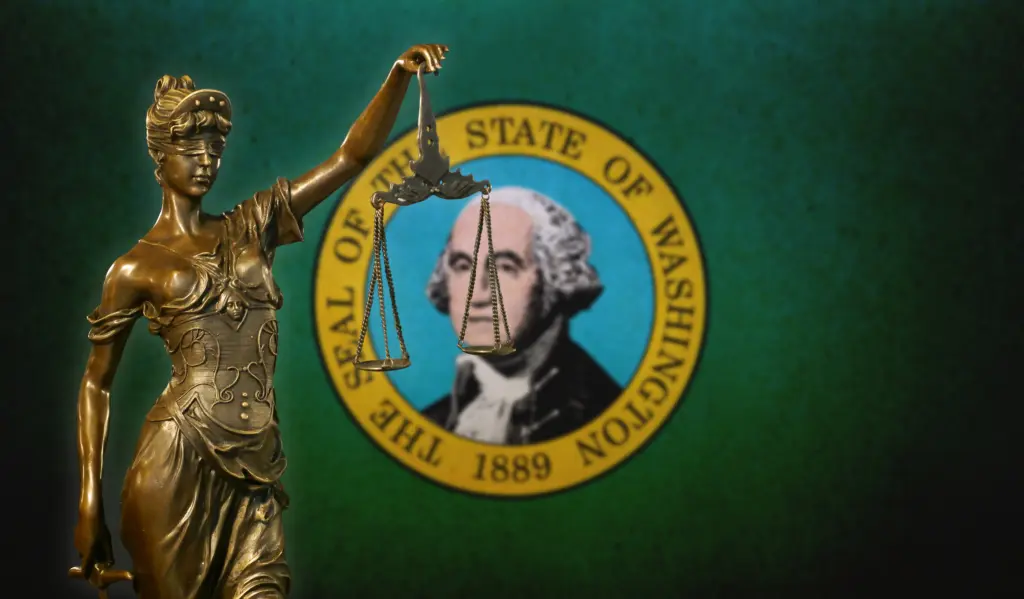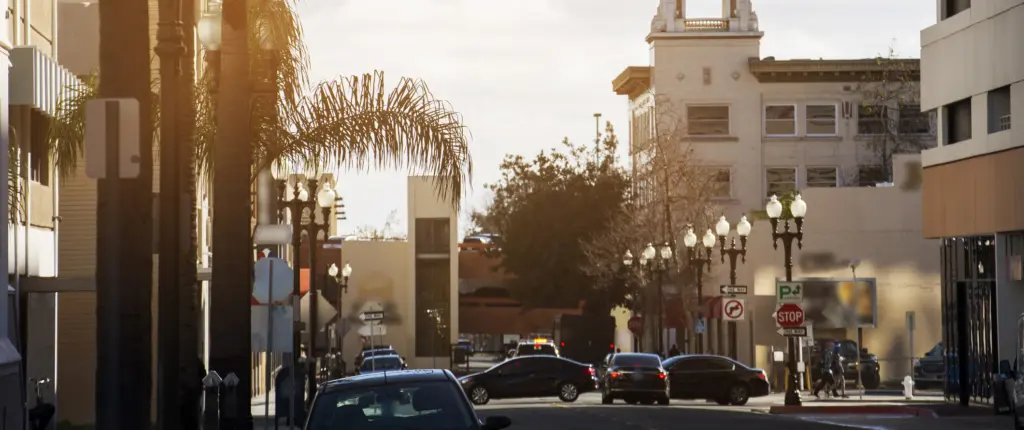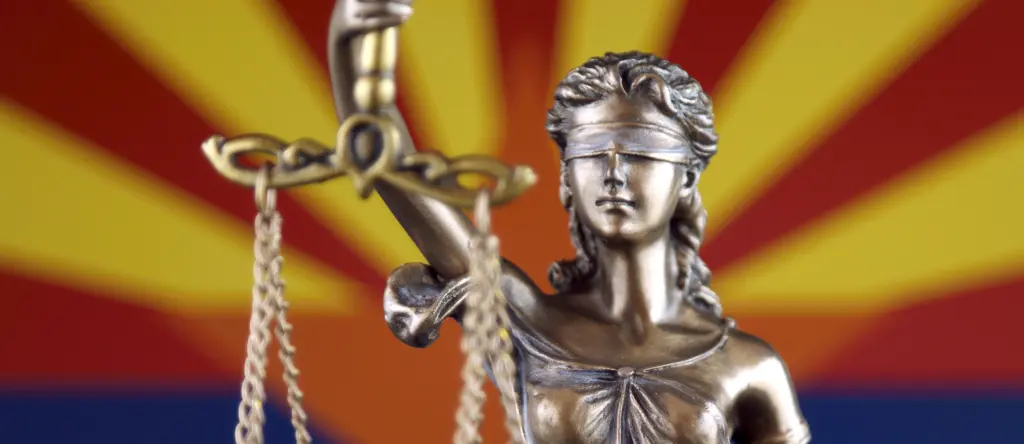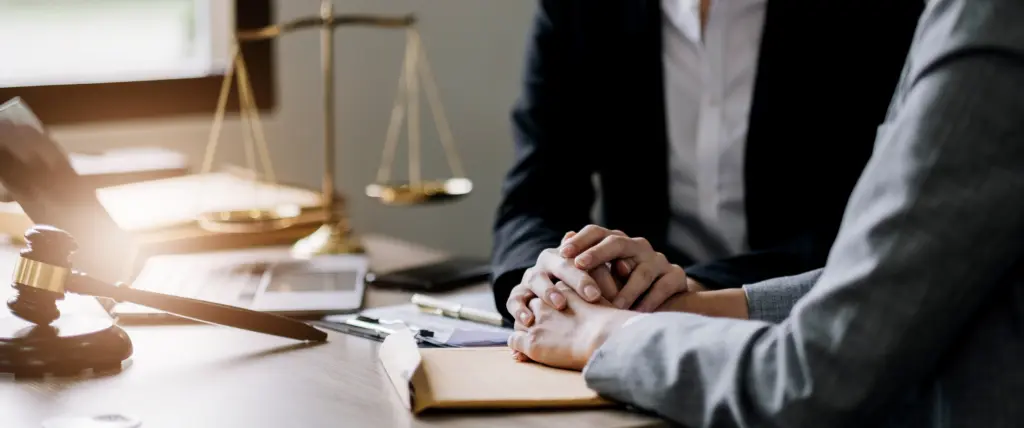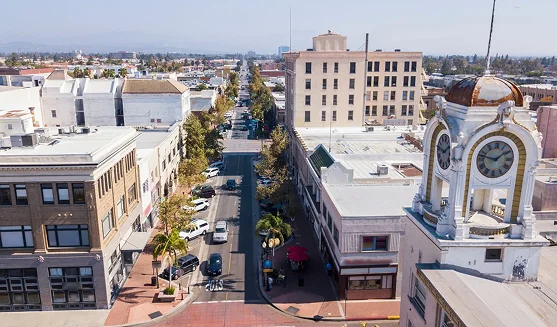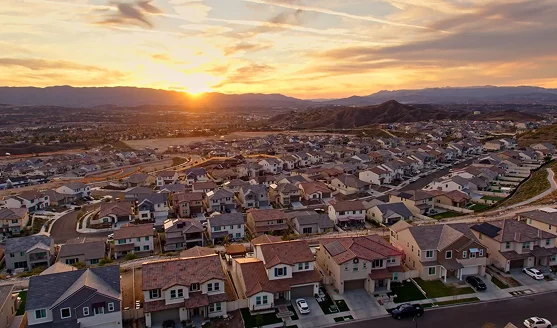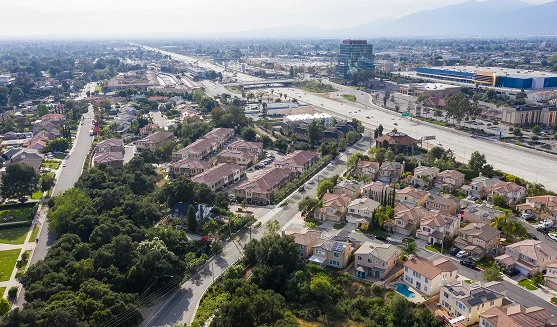After a collision, it is important to consider your social media activity. Accepting friend requests, posting check-ins, or sharing details about the event can all have some type of impact on your case. Posts covering your injuries or your perspective on the matter could raise questions about your claim or could be used against you in court. To prevent yourself from making mistakes that could tamper with your ability to recover fair compensation, you will need to understand the risks of social media after such an event and how online activity can be used in ways you might not have expected.
Can I Post on Social Media While on an Injury Lawsuit?
Posting on social media while in an injury lawsuit can be risky. Anything you choose to share online, like photos, comments, or videos, can be used by the opposing party to argue against your case or question whether the serious injuries you claimed you suffered are legitimate. Even casual content of you participating in activities could be viewed as evidence that you are not as hurt as you initially stated.
Should I Post About My Car Accident?
It is best to avoid posting about your car accident on social media while your case is still active. Even innocent posts can be used by the insurance companies or the opposing side to question your perspective of the event or the extent of bodily harm you incurred. Sharing details about the incident and your thoughts on the situation as a whole can potentially affect your claim. You should wait until your case has been taken care of before posting anything, and always reach out to your car accident lawyer if you are unsure of what to do.
Why Do Lawyers Tell You Not to Post on Social Media?
Excellent lawyers will typically advise clients to avoid posting on social media during an active case even if it is a private post, as it is not truly secured. The opposing party or the insurance company can still acquire access to your accounts. Simply adjusting privacy settings will not be enough to protect you. Photos, comments, or even updates made about your personal life, like attending an event or traveling, can be used to challenge that, for instance, your back injury in a car accident case, is less severe than what you initially claimed. If the insurance company sees content that goes against your statements, it can cause more harm to your case than you might think.
What Not to Say to Insurance After an Accident?
Be careful with what you say when discussing your accident with insurance adjusters. They will use anything you say against you to reduce or deny your personal injury case. Do not admit to fault or even partial liability, as that is determined under the state’s comparative negligence rule. You do not know the extent of damages involved, so be sure not to confess anything.
When it comes to your health condition, only provide information directly connected to the crash. Do not talk about unrelated issues or medical treatment plans unless your attorney advises otherwise. Excessive details surrounding these topics, even your recovery time or daily activities, could allow the insurance adjuster to challenge your claim by stating that your injuries seem less severe than what you originally shared.
Never agree to a recorded statement either without speaking to your personal injury lawyer, and avoid having a casual conversation disclosing information, like your personal hobbies, that could be used to undermine your case. Simply put, just stick to the basic facts, like the time, date, and location of the accident scene along with the parties involved. This will help protect your privacy and ensure your case does not lose value.
Is It Illegal to Post a Car Accident?
In California, it is not considered illegal for private individuals to post on social media after a car accident. But, if it involves graphic accident scene photos, laws may restrict who is permitted to legally share them, particularly for first responders.
Currently, there is no law that prohibits private individuals from posting about a car accident, whether it be uploading photos or sharing updates on platforms, like Instagram or Facebook. With that said, it could still hurt your legal case as insurance companies and defense lawyers may use these details against you to undervalue your personal injury claim.
When it comes to first responders, however, they are not allowed to share unauthorized photos of deceased individuals at crime or accident scenes under Assembly Bill 2655. This particular regulation is not applicable towards private individuals, it is only directed to officials, like police or paramedics who photograph deceased victims for non-official purposes.
Those who violate this law will be charged with a misdemeanor, with fines up to $1,000 per offense. In addition, a search warrant may be issued if there is probable cause to believe that a first responder has committed such a crime. But, if they only broke a workplace rule and did not go against a law, the police cannot use that search warrant to find evidence about policy violations.
Should You Take Pictures After an Accident?
Generally speaking, yes, you should take pictures after an accident. Photos can be used as evidence to show:
- Your injuries
- Property damage
- Road conditions
These can be very helpful for insurance claims or personal injury cases. Be sure to capture multiple angles and close-ups of the overall environment. But, please respect the other party when doing this. If they are injured or lost their life shortly after the impact, you should not be taking pictures of their condition. Do not interfere with emergency responders or law enforcement either while they are trying to do their job. And lastly, do not share sensitive photos to the public.
Can You Publicize a Lawsuit?
A lawsuit can be publicized. Most court filings are public records, so it can be accessed by practically anyone, including journalists or people searching online. But, actively publicizing a lawsuit, whether it be through press releases or social media, will come with certain considerations, including the following:
- Confidentiality Rules: Some cases may involve sensitive information that the court may want to seal or limit from public disclosure. Exposing such details may result in sanctions.
- Defamation Risks: Make sure your statements are accurate. Misrepresenting information could ultimately lead to a defamation claim.
- Impact on the Case: Publicity can shift perspectives on the matter, particularly potential jurors, witnesses, or settlement negotiations. Lawyers will advise caution to prevent this from jeopardizing the outcome of a case.
- Social Media and Press Releases: Announcing the lawsuit on social media or in press releases is usually allowed, but it is safe to go over this with your attorney to ensure you are following court rules before having it posted for everyone to see.
The bottom line is, you can publicize a lawsuit, but you would have to do it in a strategic and legal manner to avoid unintended consequences.
Is it Illegal to Post Court Documents on Facebook?
Posting court documents on Facebook is not illegal since most are practically public record. But, there are some important restrictions to keep in mind:
- Confidential or sealed information: Some documents may be partially or fully sealed by the court, like those that contain minors’ identities, trade secrets, or sensitive details. Sharing these may be illegal and result in penalties.
- Defamation or misrepresentation: If you post court documents and make comments that misrepresent the facts or falsely accuse someone, you could be held liable for defamation.
- Privacy concerns: Public records can consist of sensitive personal details. Posting them could cause emotional or reputational harm, exposing you to civil claims.
Do Judges Look at Social Media?
Judges can take a look at your social media activity for any relevant information. Posts, photos or video footage can be used as evidence to confirm or challenge statements about the event. Judges will also assess content submitted as exhibits, directing their attention to information that pertains to the case rather than just browsing social media accounts randomly.
Do Social Media Posts Hold Up in Court?
Social media posts can hold up in court evidence if the following apply:
- You will need to prove that the person in question created the post. Screenshots or testimonies can help.
- The post must be related to the case.
- Courts will consider the full context of the content. Edited excerpts will make the situation more challenging.
Public posts are easier to admit, but private messages or restricted content will require subpoenas or additional proof.
What Is Considered Illegal to Post on Social Media?
Several types of content may be considered illegal to post on social media. This will primarily depend on federal and state laws. Posting such material online can expose someone to criminal or civil liability. Common instances include:
- Direct threats
- Harassment
- Inappropriate content involving minors (18 U.S.C. § 2252)
- False statements to harm someone’s reputation
Other unlawful content that is prohibited from being shared are copyrighted material, along with exposing private information without consent or openly making illegal sales (drugs or weapons). In addition, content that promotes violence or other harmful acts may result in prosecution (18 U.S. Code § 373 & 18 U.S. Code § 2101)
Can You Be Charged for a Social Media Post?
You can be charged for a social media post. Certain content can cause you to face serious punishments, like fines or even jail time. This includes:
- Direct threats of violence or repeatedly targeting someone online
- Inappropriate content involving minors
- Copyrighted material, like music, videos, or images posted without permission
- False information that can harm someone’s reputation
- The promotion of violence or riots
- Sharing sale details about illegal substances or prohibited goods
It is important to use social media responsibly, especially with knowing that your online activity can put you at risk of encountering serious legal issues.
Consult with West Coast Trial Lawyers Before Sharing Online
In the aftermath of a collision, it can be easy to forget how much your social media activity can affect your personal injury case. Even casual content can be taken out of context to be used to question your perspective of the event or someone else’s negligence. Speaking to a personal injury lawyer will give you the guidance and support you need to properly manage your accounts, ensuring you do not share information that could prevent you from recovering fair compensation.
At West Coast Trial Lawyers, we know how easy it can be to use social media posts against accident victims. To minimize risks, we will work closely on your case, explaining what should be kept private to avoid mistakes that could jeopardize your chances of securing full financial recovery. Our team will help you through each stage of the legal process while defending your rights and strengthening your claim.
To set up a FREE consultation, you can connect with us by calling (213) 927-3700 or filling out our convenient online contact form.



